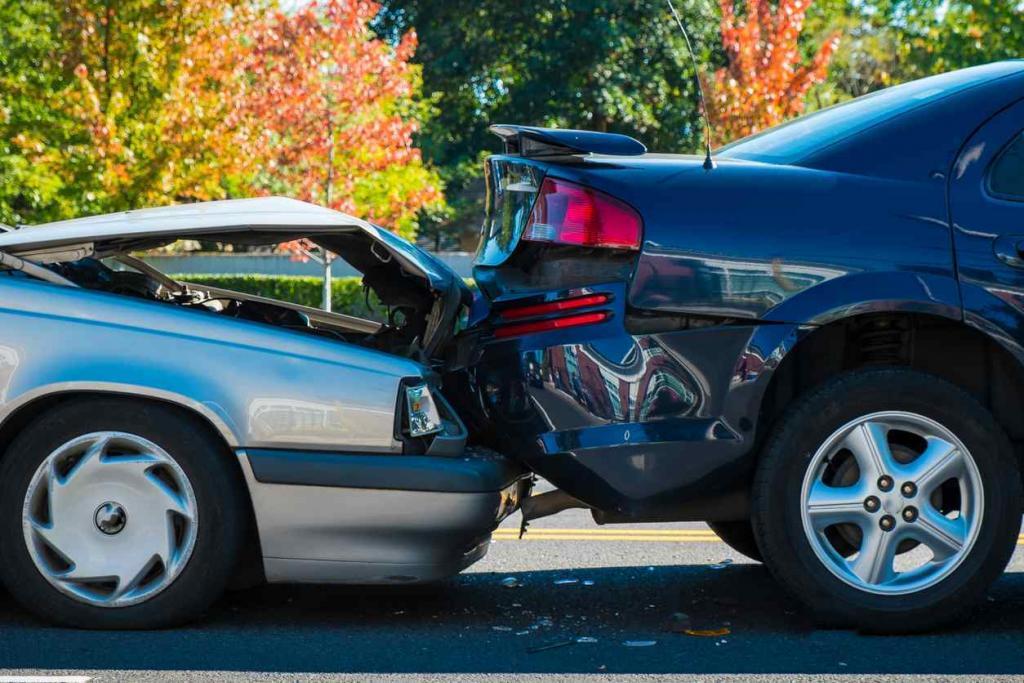In some cases, rear-end accidents can cause severe injuries and require that you act fast to ensure the safety of all who were involved.

Rear-end accidents can often take you by surprise and are the most common types of fender benders. You may be waiting at a red light, and the driver behind you isn’t paying attention and slightly bumps into you. Get out, exchange insurance information if needed, then go on your way.
However, in some cases, rear-end accidents can cause severe injuries and require that you act fast to ensure the safety of all who were involved.
Common Rear-End Injuries
Rear-end accidents mean the car hits you from behind, and the force makes your body move forward. If you’re wearing a seatbelt, some of the impact is controlled, and the damage may not be that severe. However, it’s still possible to get severely injured even with a seatbelt.
Here are some common read-end injuries:
- Concussions – a concussion occurs when the head is violently jolted, causing the brain to hit the inside of the skull. Many people believe that concussions only happen when you hit your head, but that’s not true.
- Soft Tissue Damage – injuries to the soft tissue of the spine are common in read-end accidents because the body is violently jolted forward on impact. This movement can damage the nerves of the limbs even at low speeds. Soft tissue injuries often present with pain between shoulder blades, neck pain, or even headaches.
- Brain Injuries – this is especially a concern if the victim was not wearing a seatbelt at the time of the impact. Hitting your head against the wheel, or even getting hit by the airbag could potentially cause a brain injury. Though they are not as common, they are extremely serious and potentially fatal.
- Fractures – read-end accidents can cause a variety of different fractures, including skull fractures if you hit your head violently.
Why You Should Seek Medical Attention
Immediately after a car accident, it is vital to get medical attention even if you’re feeling fine. Emotions can run high after a car accident, and your body will pump extra adrenaline through your system as a way to protect you. Because of that, you may not feel any immediate pain, but that can change once your adrenaline levels regulate themselves.
Additionally, many of the conditions caused by rear-end accidents do not show immediate symptoms, so you may only feel something is wrong days or even weeks after the accident. However, doctors can run tests and spot early signs in time.
Getting Compensation
Apart from the medical aspect, delaying visiting the doctor after a car accident can hurt your insurance compensation claim. The more you wait, the more likely it is for the insurance company to say your injuries were not caused by the accident, or that they were made a lot worse by your own negligence.
Give us a call 24/7 at (314) 361-4242 for a FREE case evaluation to learn more about protecting your legal rights after a St. Louis car accident.
